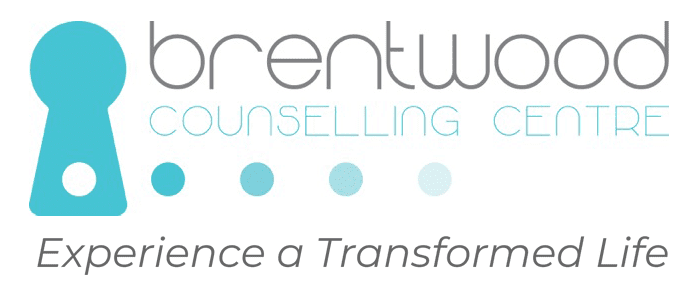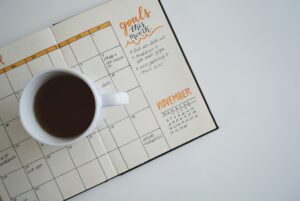Written By: Albert Kwok, MEd, Registered Clinical Counsellor
Recently, I’ve had some new potential clients wanting to chat and see if we’d be a good fit for counselling.
These conversations typically offer a chance for you to ask any questions about your potential counsellor’s experience, qualifications, and more importantly, to see if you feel safe with them.
The most common question I get is, “What kind of counsellor are you?”. I resist my sarcasm, as I save that for when we get to know each other.
The question often comes from clients who are looking for a specific type of therapy such as Cognitive Behavioural Therapy (CBT), or other modalities that they’ve heard about. I’d like to answer their question this way:
Psychotherapy researcher, Dr. Michael Lambert identified the common factors for effective counselling are:
- 40% based on extra-therapeutic factors such as the client’s strengths and supports outside of counselling. Thus, the most effective counselling results from within yourself and your willingness to be open and vulnerable during sessions. More on this later.
- 30% based on therapeutic relationship. Real work can happen when a client is able to be open, vulnerable, and honest with their therapist. Also, the therapeutic relationship is why clients will tell their counsellor things they wouldn’t tell their best friends or partner.
- 15% based on techniques and/or modalities. As mentioned earlier, this is my most asked question, and according to Lambert, techniques and/or modalities count for very little towards effective counselling. It is likely that your counsellor will have training in various modalities and will adapt based on their relationship with you and your presenting concerns.
- 15% based on hope or expectancy. The fact that one is taking the time to see a counsellor is already a move towards change.
As you can see, the main points of effective counselling are the client’s willingness to change and the therapeutic relationship. A counsellor can help you find the strength and courage needed to make improvements in the things that brought you to find a counsellor in the first place.
In short, finding a good counsellor means finding someone that you can trust and talk to easily. The rest is up to you.
Contact Brentwood Counselling Centre today to see if we are a good fit for you.







